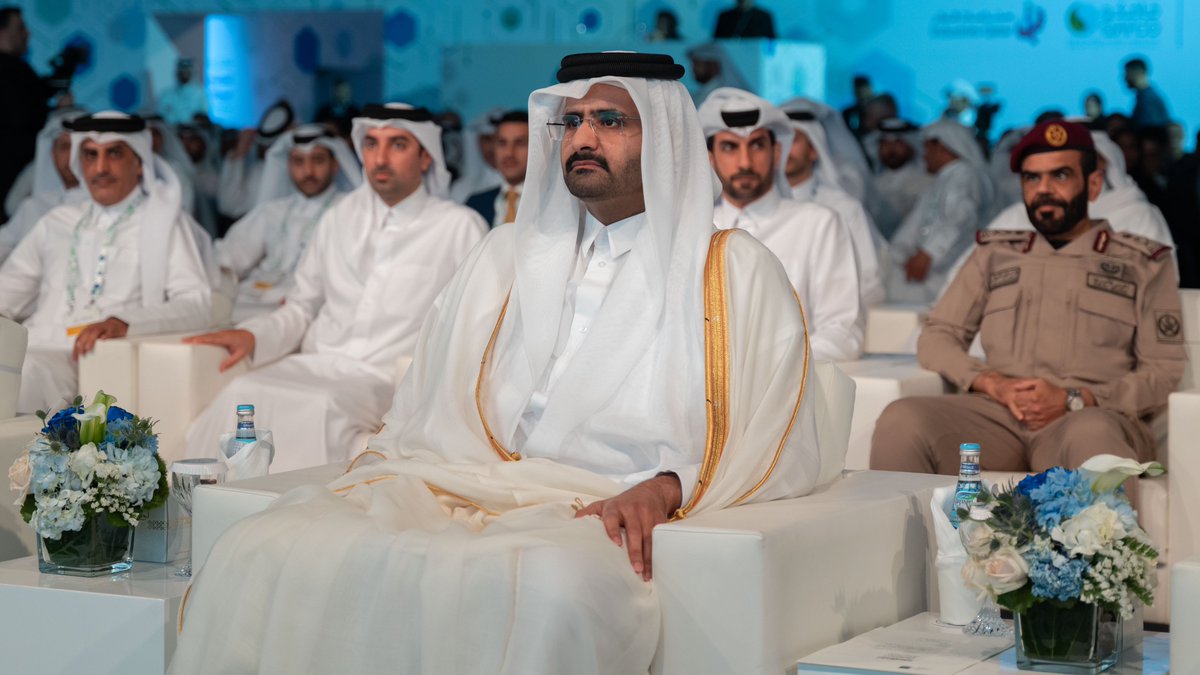
Qatar’s Advisory Council has approved a draft law that would increase scrutiny of public money in a new effort to combat corruption.
According to the Peninsula, the draft law would give more financial authority and independence to the State Audit Bureau.
The body already reports directly to the Emir.
It has the right to audit and inspect the finances of ministries, banks and organizations substantially funded by the government, as well as state joint ventures with foreign agencies.
Limited scope
However, according to Law. No. 4 of 1995, it can only recommend punitive action based on its findings.
It is also prohibited from sharing its reports with the public or media, even if it uncovers embezzling of public funds or waste of government money.
However, a proposed amendment would authorize the bureau to publish its reports after removing confidential parts, the Peninsula said.

This would help improve transparency and perhaps serve as a deterrent for erring bodies.
In December, an advisor of the bureau said changes to the law were needed for government entities to take the operation more seriously, as some do not respond to requests for information.
At the time, Mubarak Ali Almuhannadi added that falling oil prices were a good incentive for Qatar and its neighbors to improve its budgeting and auditing practices.
Influential council
The draft law was among the last pieces of legislation to be discussed by the Advisory Council before it adjourned for the summer yesterday.
In Qatar, no laws can be enacted without first being discussed by the influential body, one of the country’s two legislative wings.

Other topics of discussion this session included:
- A draft data privacy law that would fine organizations who fail to prevent leaks up to QR5 million.
- A draft law cracking down on tobacco usage; and
- A debate on speeding up the Civil Defense inspection process.
Currently, the Emir appoints the members of the Advisory Council.
But according to the constitution, 30 of the council’s members should be elected and 15 appointed.
However, the Emir recently renewed the council’s mandate for another three years, effectively postponing legislative elections until at least 2019.
The council will begin its 45th session toward the end of this year, after adjourning for the summer yesterday.
Thoughts?







